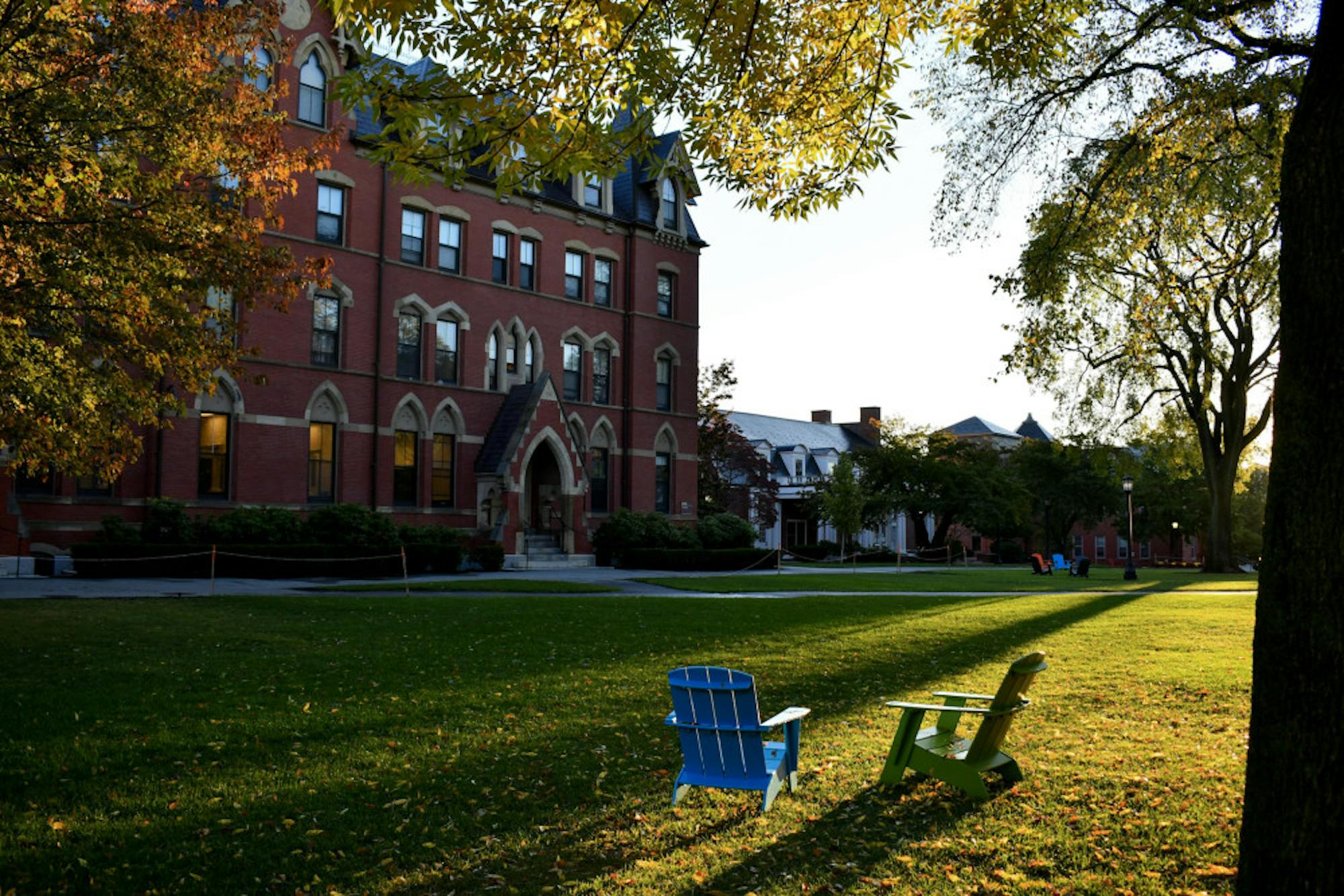In a recent letter to the Department of Homeland Security (DHS), University President Anthony Monaco expressed concern toward a newly proposed rule that would impose fixed time limits to the legal status of international students.
According to Andrew Shiotani, director of the Tufts International Center, the DHS plans to change a system that has been in place since the 1980s.
"Under the current system when a student ... comes to the United States to study on a student visa, they are allowed to stay in the United States as long as they’re pursuing their program,” Shiotani said. “If [students] need an extension ... the school can extend their staff stay in the United States.”
However, the new DHS proposal seeks not only to enforce a fixed time period of admission, but to alter the process of applying for an extension of stay.
“Under the new rule, regardless of how long your program is, a student would only get either two years or four years of legal status in the United States," Shiotani said.
In his letter, Monaco urged the DHS to maintain the rules it already has in place.
“Each year, Tufts welcomes more than 2,000 international students and scholars to study and work in Massachusetts and each of these individuals rely on the department’s longstanding rule that their admission to the United States will extend through the 'duration of status,'” Monaco wrote.
If the proposed rule were to be ratified, Shiotani anticipates that these increased administrative procedures would burden international students.
“[The new extension process] means an application that you have to file with the government costs several hundred dollars per application, and can take six, seven, eight months or longer before the application is decided and processed," Shiotani said."It’s a much more rigid system. It's a much more expensive system."
First-year Jose Atienza, who is an international student, expressed concern over the DHS proposal.
“I personally think it’s nonsensical because initially when we get our visas, we have to go through a very rigorous process to ensure that, firstly, we can pay for our program, and secondly, that we can prove that we won’t go to the U.S. illegally through our student visas,” Atienza said.
Atienza said he believes the DHS proposal would provide an extra layer of bureaucracy and uncertainty to an already frustrating process.
Shiotani explained the potential impact of the DHS proposal on Tufts students, more specifically.
“Many [undergraduate students] would have to file complicated legal applications to extend their status," Shiotani said. "It would definitely impact our Ph.D. and graduate students because if you were only given two years or four years to stay in the United States and your program is automatically five to seven years, you’re going to be doing at least one or two extensions.”
Another concern Monaco raised in the letter was the proposal's potential interference with international students' capacity to undertake curricular practical training and optional practical training. These benefits allow scholars to stay in the United States to seek jobs postgraduation in the field related to their major.
Shiotani discussed another potential issue cited in Monaco's letter.
“Most students should be eligible for four years [of stay], but students from certain countries — many of them in sub-Saharan Africa or parts of Asia, Central Asia and South Asia, Southeast Asia as well — would automatically be restricted to the two year stay, not the four year stay," Shiotani said.
Monaco emphasized that the proposed rule may lead to a reduction in the university's enrollment of international students.
“The department’s proposed rule will negatively impact Tufts University by reducing international enrollment, diminishing vital resources for teaching, research, innovation and an advanced talent pipeline, and impeding the University’s mission to educate active citizens of the world," Monaco said.






